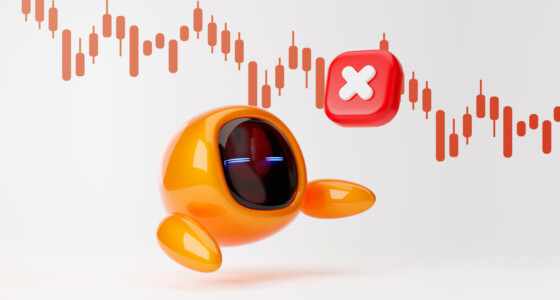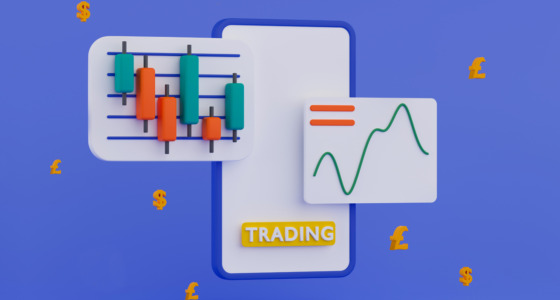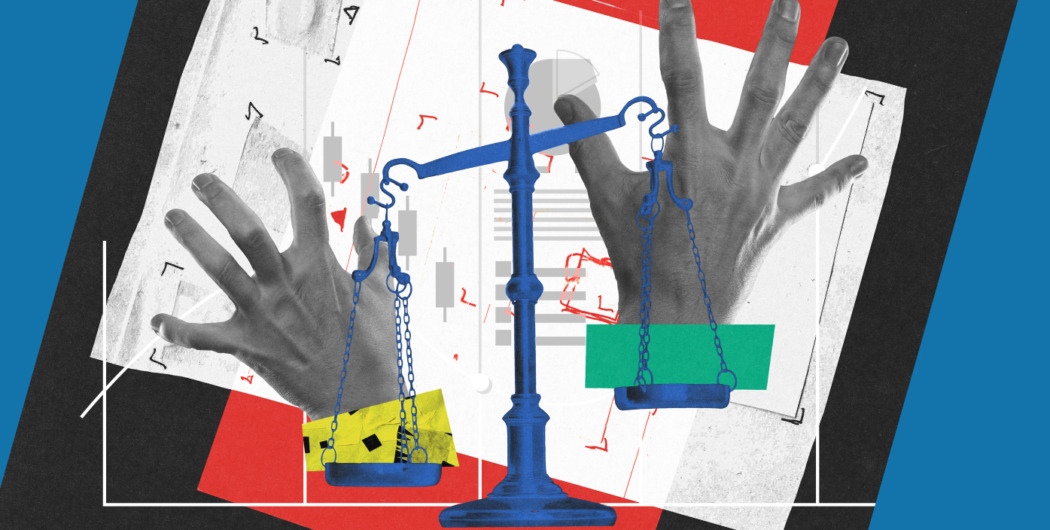

If you chase quantity, the most exciting thing that could happen to you is a silly Guinness record. Ashrita Furman crushed 80 eggs with his head; Abolfazl Saber Mokhtari balanced 85 spoons on his body; and a robot developed by Penta-X skipped 170 times in one minute. But is there anything more to it? Not really.
Some traders are not used to the abundance of opportunities and want to grab them all. This article will explain why it’s a dangerous approach and what you should do instead.
Quantity over quality: common causes of overtrading
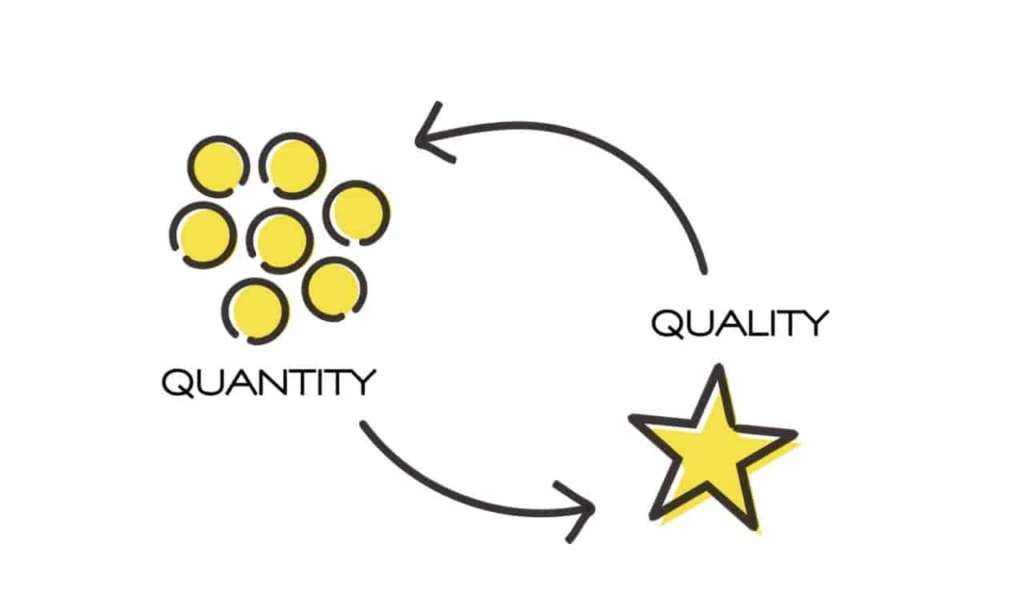
The term “overtrading” basically describes the tendency to trade too much and too frequently. What’s confusing about it is that no one can set a definite line between normal trading and overtrading. So, you can’t always explicitly claim that someone prioritizes quantity over quality. And similarly, it’s hard to diagnose yourself.
Overtrading can be a result of various factors, and here are some of the common triggers:
- Excitement to take many positions simultaneously
- Fear that the trading capital will run out
- Greed and desire to make as much profit as possible for one trader
Spotting the signs of overtrading in time
It’s possible to cut back on excessive trading or churning before it does real damage to your account. Sometimes, you can even get ahead and recognize when you’re about to start overtrading.
Ask yourself:
- Are you constantly preoccupied with assessing the markets?
- Do you obsess about your trading decisions?
- Do you sometimes enter trades without thoroughly analyzing the situation?
- Does it always feel like there are better trading opportunities out there?
- Are you always chasing the next trade?
If you answered “yes” to any of these questions, consider it your warning sign.
The impact of overtrading on your results
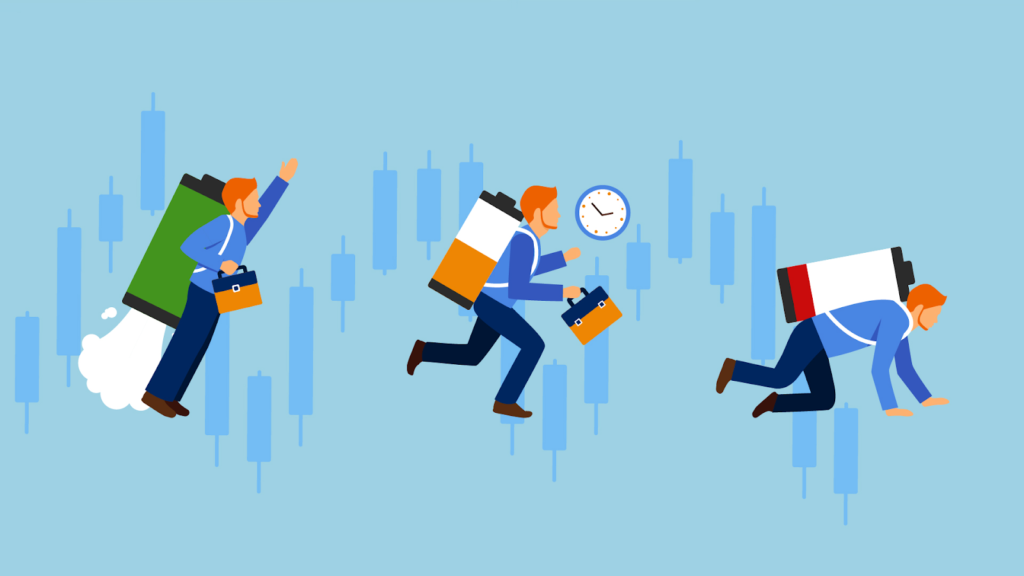
There is nothing inherently wrong with trading a high number of assets. It only becomes an issue if you try to mask bad trading setups (poor quality) by maximizing your chances of small wins (high quantity).
High trading volume is associated with high broker fees. In some cases, small regular profits absorb transaction fees or commissions, but for many traders, these charges eat away a significant portion of the returns.
Another obvious issue is the diminishing quality of your analysis. When you make more trades than your skills and experience can handle, each trade has a lesser chance of succeeding. It works the other way around, too: spending enough time analyzing a trade setup improves your chances of making a good one.

Tips to avoid overtrading
Here is how you can move toward quality:
- Set a personal limit, e.g., 10-12 trades per month.
- Let some positions hang for a while.
- Wait for trading setups that match your strategy perfectly.
- Accept that a trading day doesn’t have to involve a new position.
- Make unidirectional moves even in unstable markets.
Conclusion
“Sometimes the best trades are the ones you don’t make”
Hopefully, now you understand the potential dangers of overtrading and why the quality of trades is essential.
Here is a final piece of advice: don’t look for reasons to enter any trade at any level. A poor trader reacts to every vaguely favorable trade setup or even creates opportunities out of thin air. A good trader sees the potential wins but is extremely selective about their picks.



